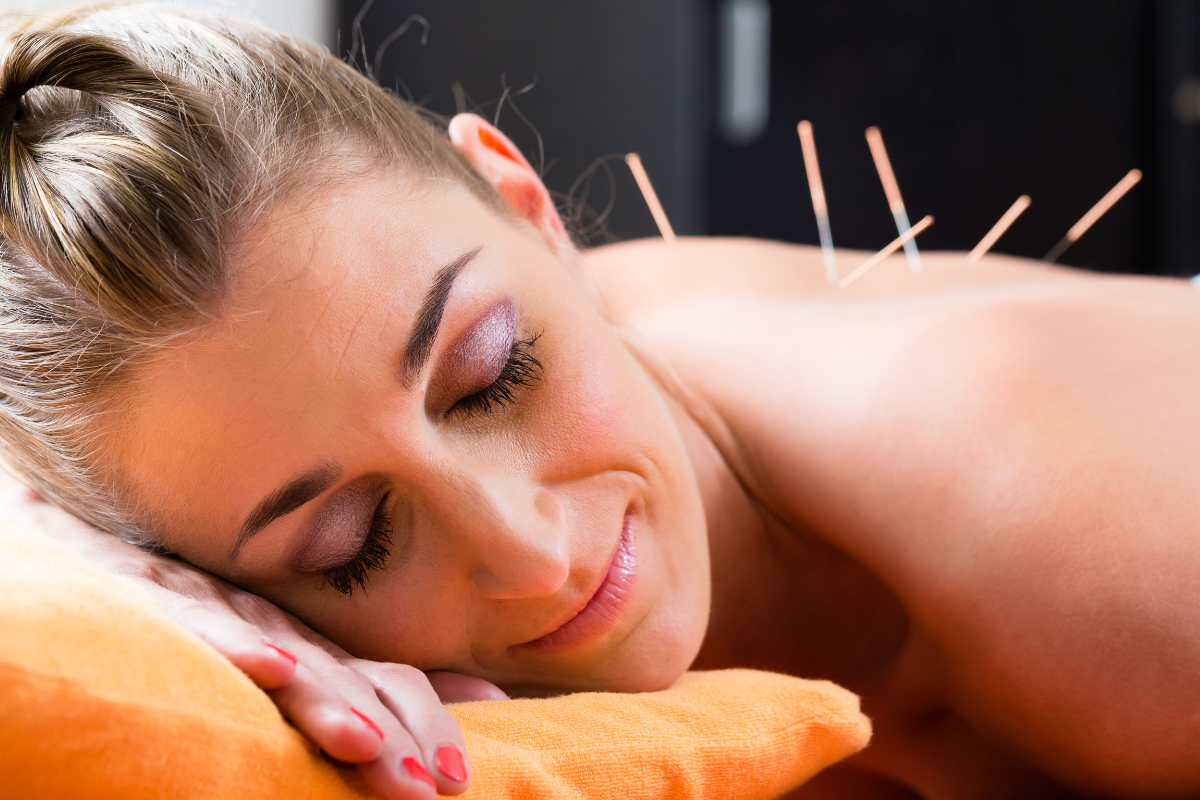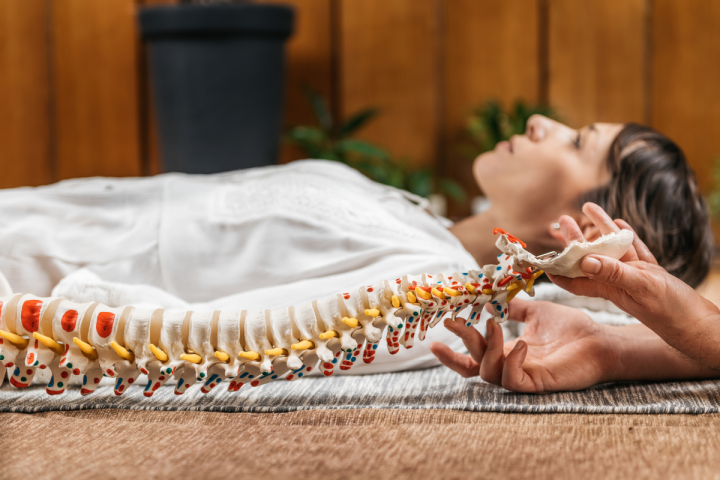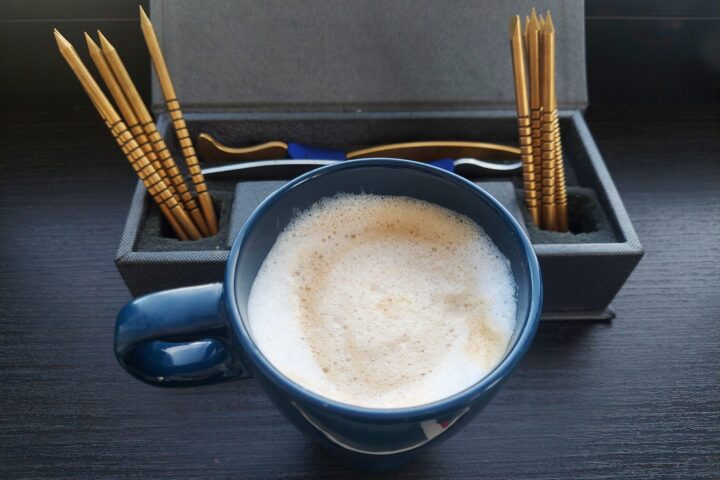Sleep is fundamental to our health and well-being, but in the 21st century more and more people are struggling with insomnia. It significantly affects their daily functioning. In the search for effective treatments for this problem, many people are turning to Eastern medicine, and acupuncture in particular. This ancient technique, which involves the precise pricking of the body with needles. It not only offers relief from the symptoms of insomnia, but also seeks to identify and treat its root causes. In this article, we look at how acupuncture can help with insomnia, based on the holistic approach of Chinese medicine. It combines diagnosis based on history, pulse and tongue appearance. Learn about techniques for treating insomnia with acupuncture !
What does sleep look like?
There are five to six cycles during sleep. Each begins with shallow sleep in phase one, from which it is easy to awaken, and ends with deep sleep in phase four, characterised by muscle relaxation and reduced blood pressure. In addition, there is a REM (Rapid Eye Movement) phase, in which there are rapid eye movements and increased brain activity. Daydreams mainly occur in the third REM phase, while nightmares usually occur in the third and fourth sleep phases. In contrast, nocturnal mild awakenings are a natural part of the sleep process.
Lack of sleep is very disruptive and negatively affects daily functioning. People suffering from insomnia are often tired, irritable, restless and fearful of the night. In Western medicine, the main treatment for insomnia is chemical drugs, which can lead to addiction and cause adverse effects.
What is insomnia?
Insomnia is a sleep disorder that includes difficulty falling asleep, intermittent sleep and waking up early. The condition significantly impairs daily functioning, negatively affecting the entire day of the affected person. Sleep problems can be both short-term and chronic, often requiring accurate diagnosis and drug treatment. Insomnia is common among the elderly, but is also common in pregnant women, children and post-COVID-19. It is estimated that between 33 and 50 per cent of the population suffers from sleep disorders, with women more often affected than men.

Insomnia treatment - how does insomnia affect functioning?
Studies have shown that insomnia is a common sleep disorder, affecting an estimated 33-50% adults worldwide. Although the problem often affects the elderly, children and adolescents are not spared either. Women are more likely than men to struggle with insomnia symptoms, such as difficulty falling asleep and poor sleep quality.
Diagnostic criteria include problems falling asleep, difficulty staying asleep, light and intermittent sleep and frequent awakenings followed by difficulty falling back asleep. These symptoms can lead to fatigue, irritability, problems with memory and concentration, and daytime sleepiness.
Lack of deep, restorative sleep negatively affects mental health, physical condition, immunity and quality of life, including social relationships and sex life. When insomnia persists for three months or longer, it becomes chronic and requires careful diagnosis and treatment, which affects approximately 10% adults.
Treatment of insomnia with acupuncture
Insomnia is often caused by an imbalance between Yin and Yang in the body. Yin symbolises the feminine, calm and dark element, while Yang is the masculine, dynamic and bright element. Sleep is the domain of Yin, but to get there, we need to smoothly transition from active Yang to calm Yin, which is difficult in a Western lifestyle that is intense and imbued with Yang.
A good night's sleep requires a calm and balanced mind. According to Chinese medicine, the mind resides in the heart and relies on the blood. If the quality of the blood is disturbed, the mind becomes restless, making sleep worse. This can be seen in women after childbirth, who lose a lot of blood and often suffer from insomnia.
For patients with sleep disorders, I take a detailed history to identify the source of the problem. I use Chinese medicine diagnostics, including pulse, tongue and sometimes physical examination. Treatment usually involves the use of Chinese herbs. They strengthen the blood and mind, and acupuncture, which balances Yin and Yang and harmonises the body.
In addition, I recommend an appropriate diet. For example, for patients complaining of excess heat and difficulty sleeping, I recommend cold energy foods such as wheat, barley, pears, watermelon and green tea, avoiding hot energy foods like chilli, beef and alcohol. I generally recommend Yin-enhancing foods such as black beans, mung beans, sprouts and black sesame.
Chinese medicine effectively supports the treatment of insomnia, restoring balance and quality of sleep, which is crucial for health and well-being.
How does acupuncture affect insomnia?
Acupuncture has a soothing effect on the nervous system and is a very safe treatment method. Unlike many of the drugs used to treat insomnia, it is not addictive and has no side effects. By choosing acupuncture, you are opting for a safe therapeutic alternative. A series of 10-12 treatments, performed 2-3 times a week, is recommended. Both general and ear acupuncture are used in the treatment of insomnia, and the choice of points depends on the individual clinical situation and the specific style of acupuncture. With these treatments, mood and overall health can also be improved. For many patients, acupuncture becomes a permanent solution to sleep problems.




